Your Child’s Strengths: Discover Them, Develop Them, Use Them
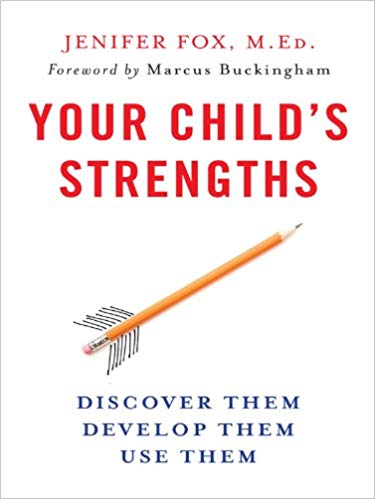
Jenifer Fox lays out three areas in which you can learn how to discover your child’s strengths; Activity Strength, Relationship Strengths, and Learning Strengths. She started the Strength Movement in which education are tailored to be strength-based rather than ‘fixing’ children to improve test scores, etc. There is workbook-type guide at the end for readers […]
Think Smart: A Neuroscientist’s Prescription for Improving Your Brain’s Performance
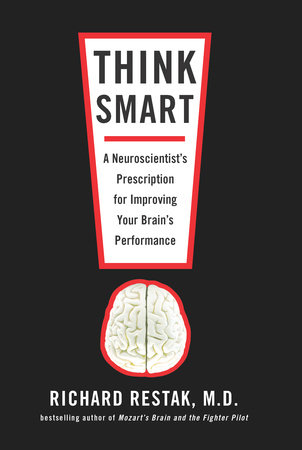
One theory claims that creative impulses exist in all of us but are weakened by custom and social rules of behavior – a variation of the claim dating back to French philosopher Jean-Jacques Rousseau that formal schooling inhibits rather than stimulates creativity.
How We Learn
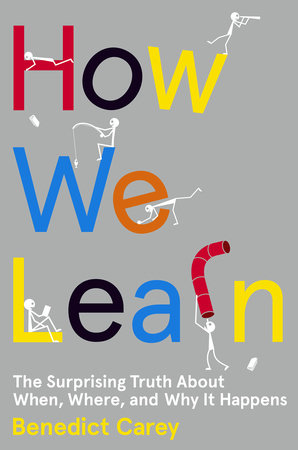
The harder we have to work to retrieve a memory, the greater the subsequent spike in retrieval and storage strength (learning). The Bjorks call this principle desirable difficulty, and its importance will become apparent in the coming pages.
Subjects: Cognitive Science, Learning, Neuroscience
When: The Scientific Secrets of Perfect Timing
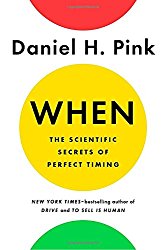
Taken together, all of these studies suggest that the path to a life of meaning and significance isn’t to “live in the present” as so many spiritual gurus have advised. It is to integrate our perspectives on time into a coherent whole, one that helps us comprehend who we are and why we’re here.
Parent Talk
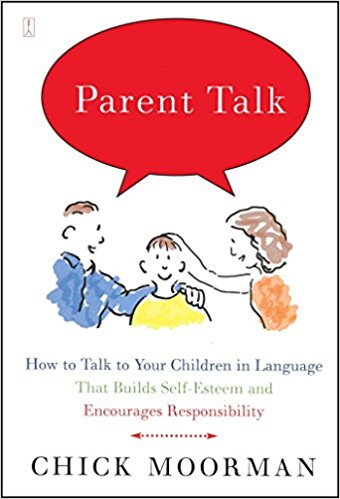
Chick Moorman, an inspirational speaker with over 40 years experience as an educator and parent divided this book into 11 chapters. Each chapter deals with the many ways a parent can address a situation such that it builds the child’s self esteem, gives the child a feeling of responsibility, equips the child with problem solving […]
Disciplining Without Disrespecting
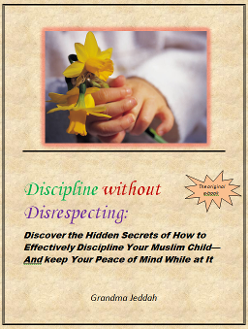
From disciplining toddlers to teens, Grandma Jeddah shares her wise advice and tips for Muslim parents in her e-book Discipline Without Disrespecting. A mother of 11 children, grandmother of 13, and over 30 years of teaching in Al Madinah School in Los Angeles, Grandma Jeddah has years of experience with children. In this e-book, she […]
The Power of Play
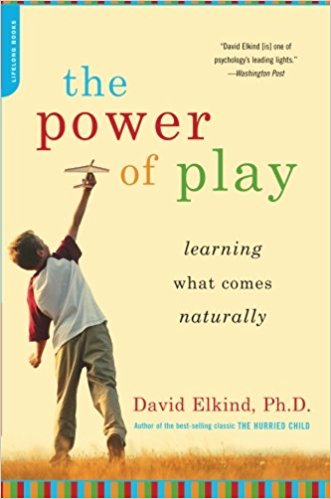
The book is divided into three parts. The first part talks about how play has degenerated in today’s modern world, and how our society has succumbed to technology’s ‘toys’ thereby abandoning the natural environment that is our worldly playground. The second part expounds on the role of play in learning and development, and in the […]
The Power of Different : The Link Between Disorder and Genius
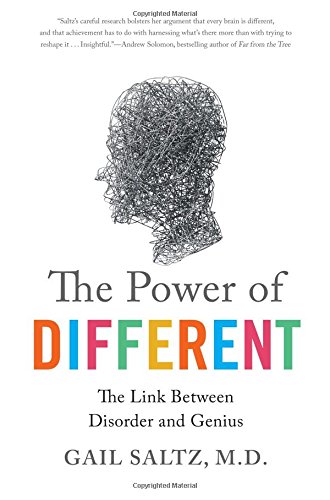
One theory for why brain differences are so common among human being as a species is described by David Dobbs in his article ” The Science of Success” in The Atlantic. Dobb summarizes the work of child psychiatrist Tom Boyce, who coined a “dandelion and orchid” theory of human behavior. Boyce’s research suggests that, neurologically speaking, there are two sorts of people – “dandelions,” who flourish in any environment, and “orchids”, who have much narrower requirements. While orchids are much more difficult to grow, when they thrive, they do so beautifully and far more extraordinary results.
The Whole-Brain Child
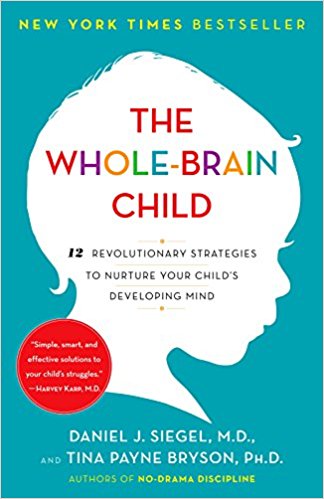
A great book full of scientific explanations to back up 12 key strategies in nurturing a child’s emotional intelligence through understanding the two hemispheres of the brain. The authors simplify the strategies so parents can use the proposed lingo with their children according to their age level. Genre: Non-Fiction, Parenting, PsychologySubjects: Neuroscience
The Dyslexic Advantage: Unlocking the Hidden Potential of the Dyslexic Brain
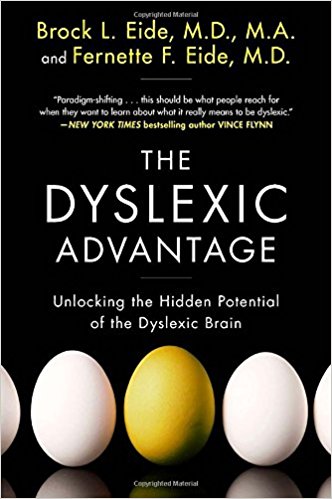
Dyslexia, or the dyslexic processing style, isn’t just a barrier to learning how to read and spell; it’s also a reflection of an entirely different pattern of brain organization and information processing – one that predisposes a person to important abilities along with the well-known challenges.